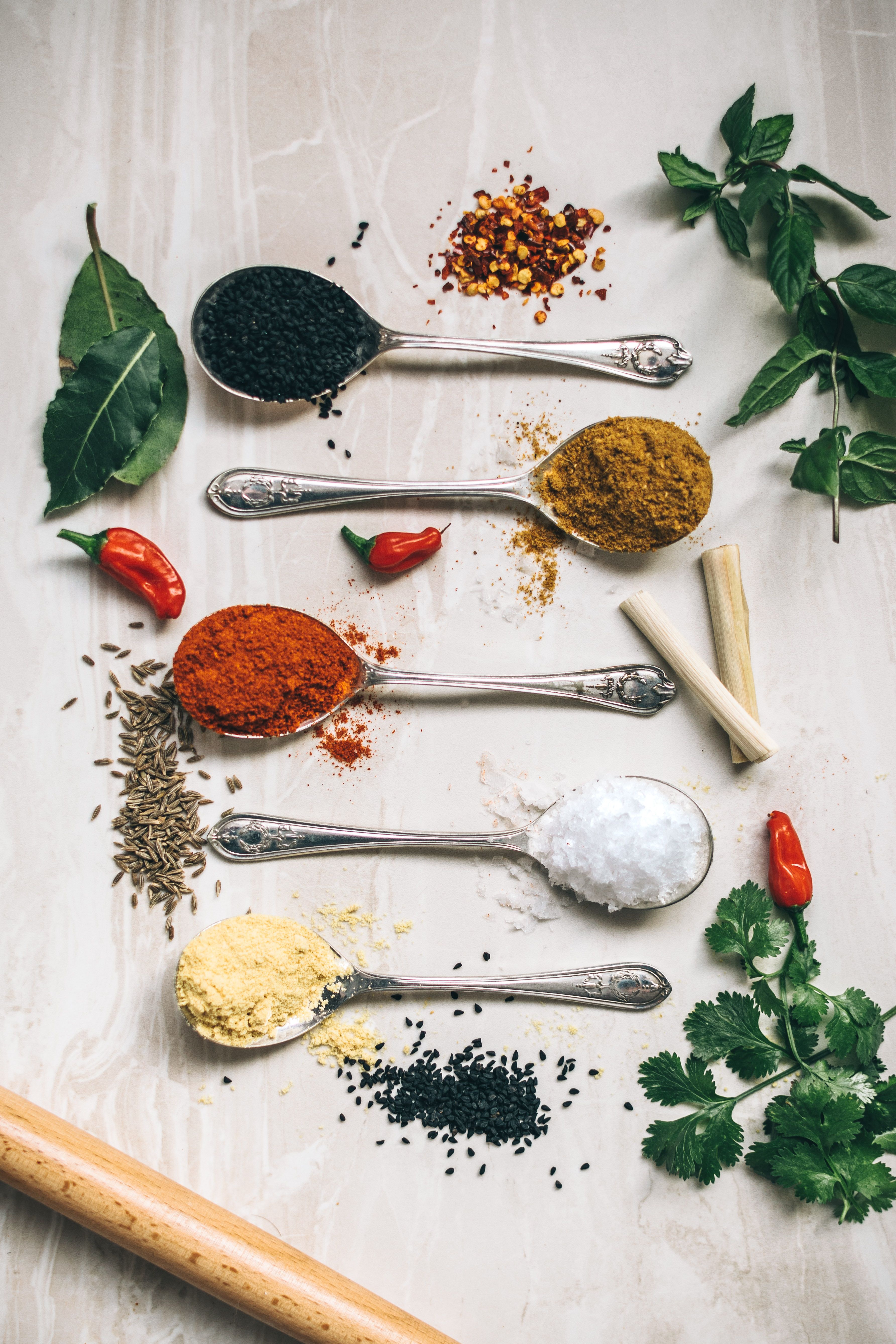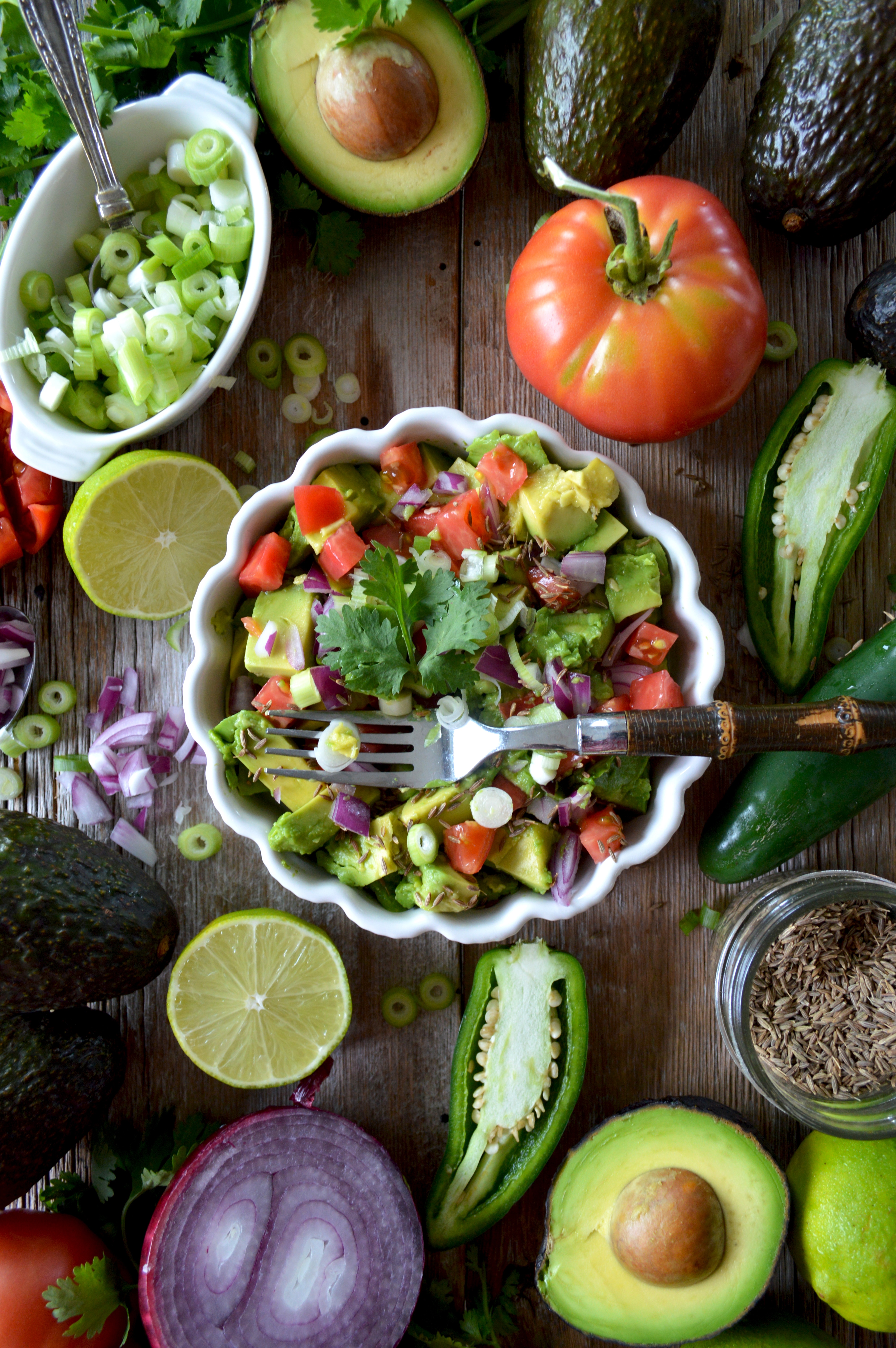by Egyptian Chef's Association
When you plan a menu you have to fulfil the clients’ needs while meeting your own goals. At the same time it is a very challenging task to consider all the different aspects of sustainability. Therefore, it is of vital importance you initiate the process of implementing a sustainable food policy gradually and change your menu step by step.
Beef and other meats for example, are very un-sustainable elements of a menu, since their production results in a high level of CO2 emissions. Reducing meat dishes by banning them totally from the menu may not be an option but as the measures below show, there are many ways to reduce un-sustainable food components gradually and to replace them with more sustainable alternatives.
Furthermore, when it comes to sustainable menu planning you have to think not only about the ingredients you use but also about water and energy usage during food preparation as well as the food waste you will produce. In fact, no other single decision in the professional kitchen is as important as the preparation and the composition of menus. It is the point where one decides, what is going to be cooked when and for whom?
Put an emphasis on the composition of your menus
Try to vary your menu, include seasonal highlights.
Introduce food weeks or months (e.g. ‘Strawberry
Festival’, ‘Mango Specials’, etc.)
Consider local, seasonal and organic foodstuffs
and products.
Plan your purchases to avoid waste.
Try to cook fresh dishes without using processed
and convenience food. Focus on whole, minimally processed foods (higher in
nutritional value, less likely to contain high levels of added sugars,
trans-fats, etc.) However, processing can also be used to extend the season of
local and sustainably grown produce.
Try to include special occasion food, for
example ’Friday brunch’ or ‘Ramadan treats’.
It is important to focus on specific
achievements and to set priorities.

Think about the ingredients you use
Think
about produce first and choose your ingredients carefully.
Focus on fruits and vegetables; try to achieve a great diversity across all meals and snacks. This allows you to vary your menu and to adapt it to the season and availability of local food.
Make
sure your dishes on the menu allow for crossover usage of ingredients.
Ensure
your menu allows for the use of trim-offs in a creative way.
Include
authentic Egyptian dishes on your menu.
Focus on local foods rather than imported foods.
Make the food appealing to your customers by mixing green vegetables and colorful fruits and vegetables. In-season fruits and vegetables, for example, have unbeatable flavors.
Implement plant-based culinary strategy and put dishes on the menu that use less meat and more vegetables.
Use non-endangered / sustainable fish.
Use certain ‘flavor strategies’ and try to send messages with flavor Work with spices, herbs, citrus and other aromatics and flavor-building techniques..

Think about efficient resource use when you prepare your food
Why Fresh Food is better?
Benefits for the environment
Fresh, local foods help to reduce food miles.
Better Ingredients
You can use ingredients of high quality.
For your health
Convenience foods contain a lot of fat, salt and sugar.
More cost efficient
Different studies show that freshly prepared meals are more cost efficient.
Greater sensory appeal
The taste of freshly prepared meals is different and unique.
More variety
If you cook with fresh ingredients it is easier to prepare a wider variety of dishes.

The Sustainable Menu